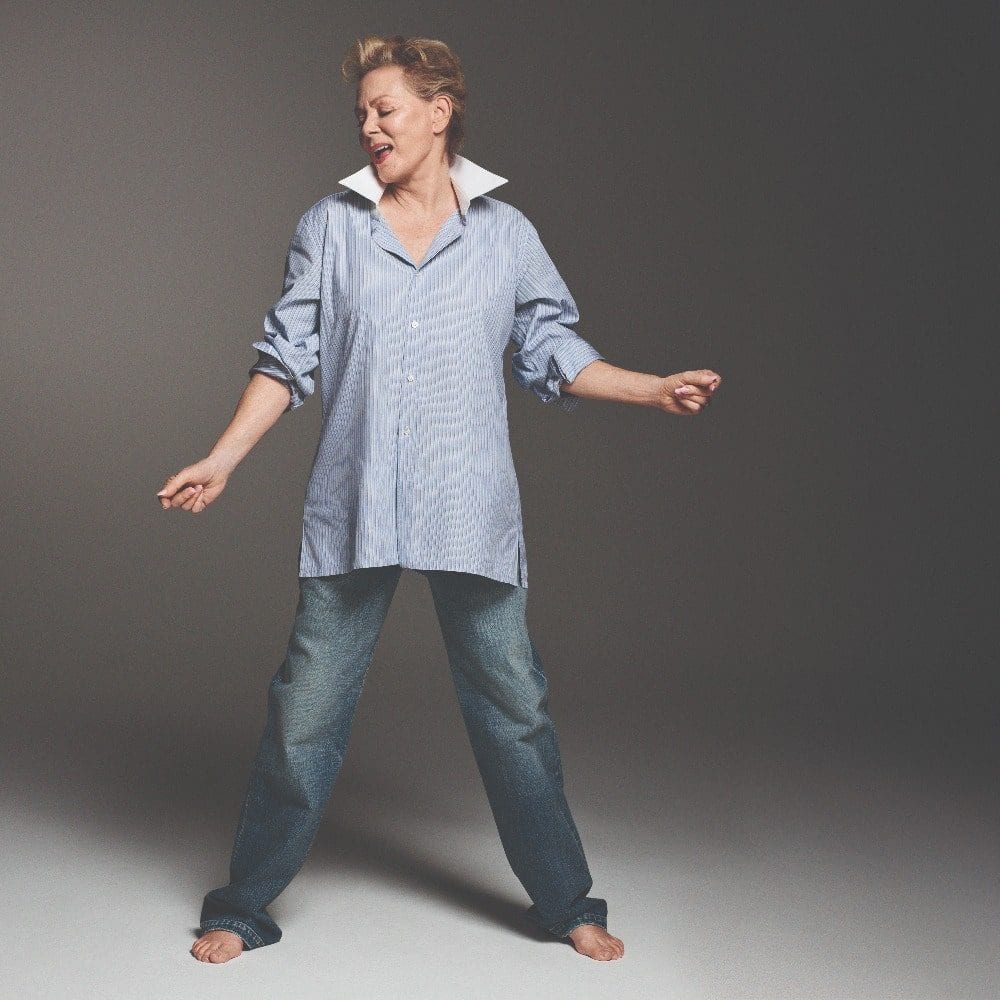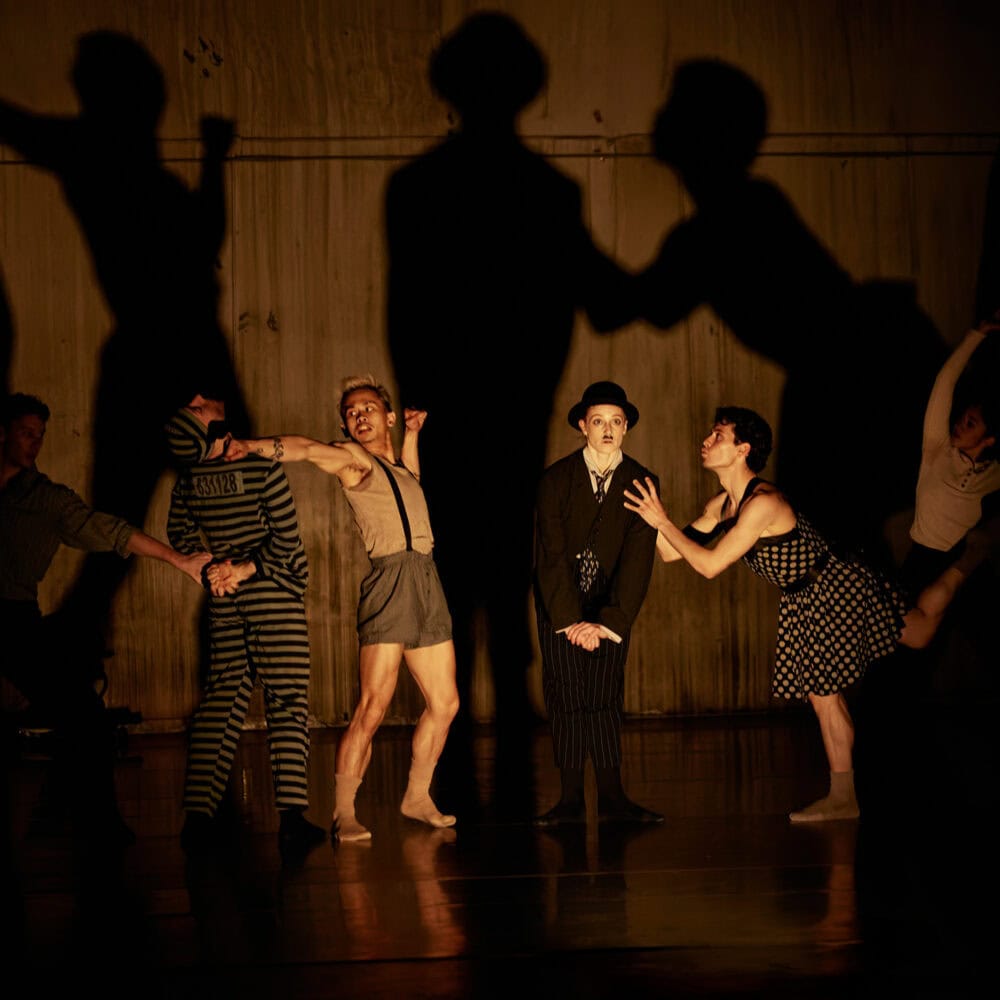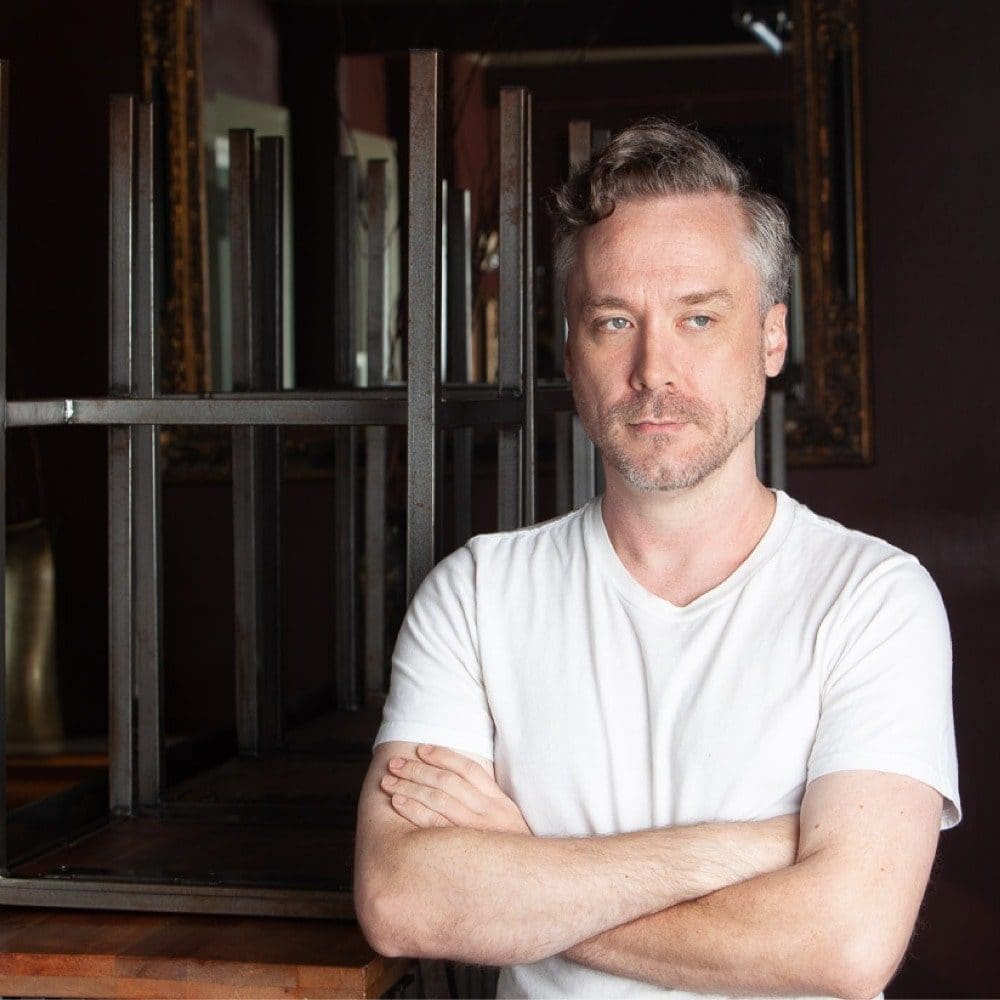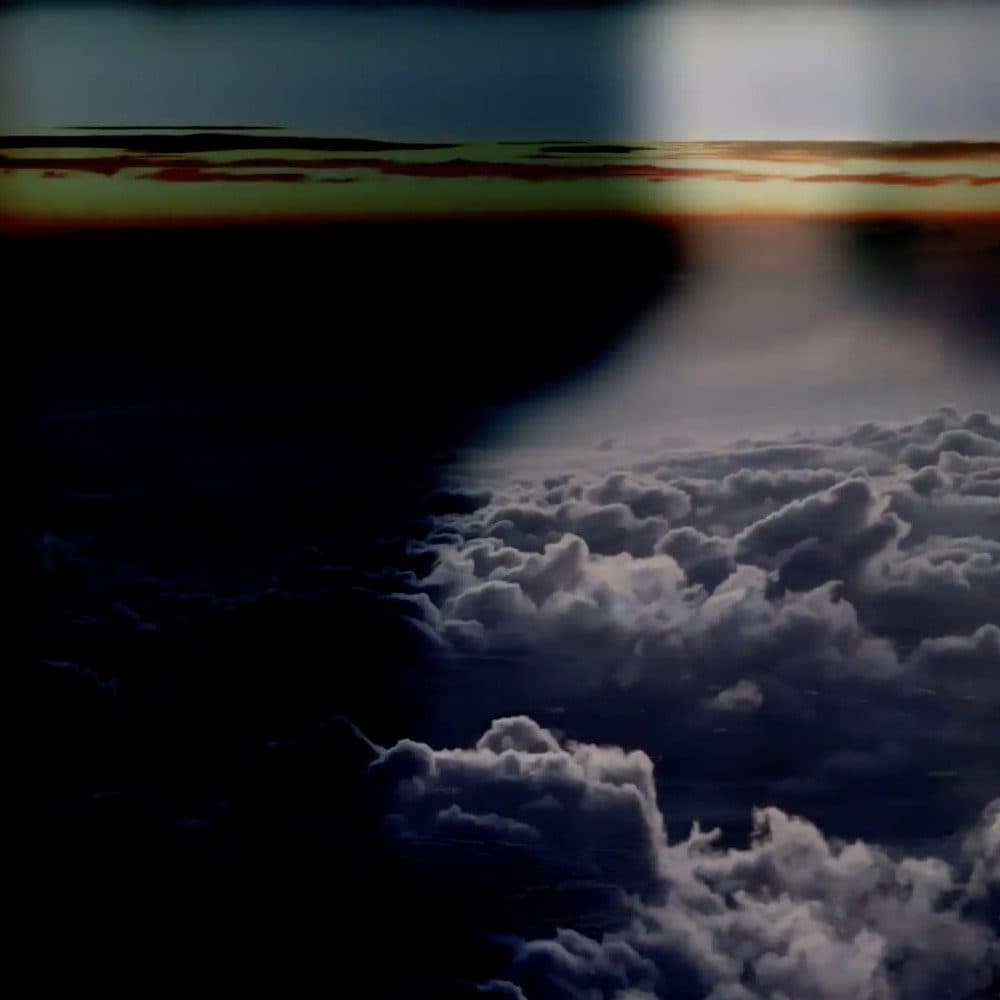Features
Your Favorite Authors Might Very Well be in Seattle this Weekend. Here’s How to Catch Them
The nation’s largest literary conference will be hosted March 8-11, and includes hundreds of offsite events around town.
By Annie Midori Atherton March 7, 2023
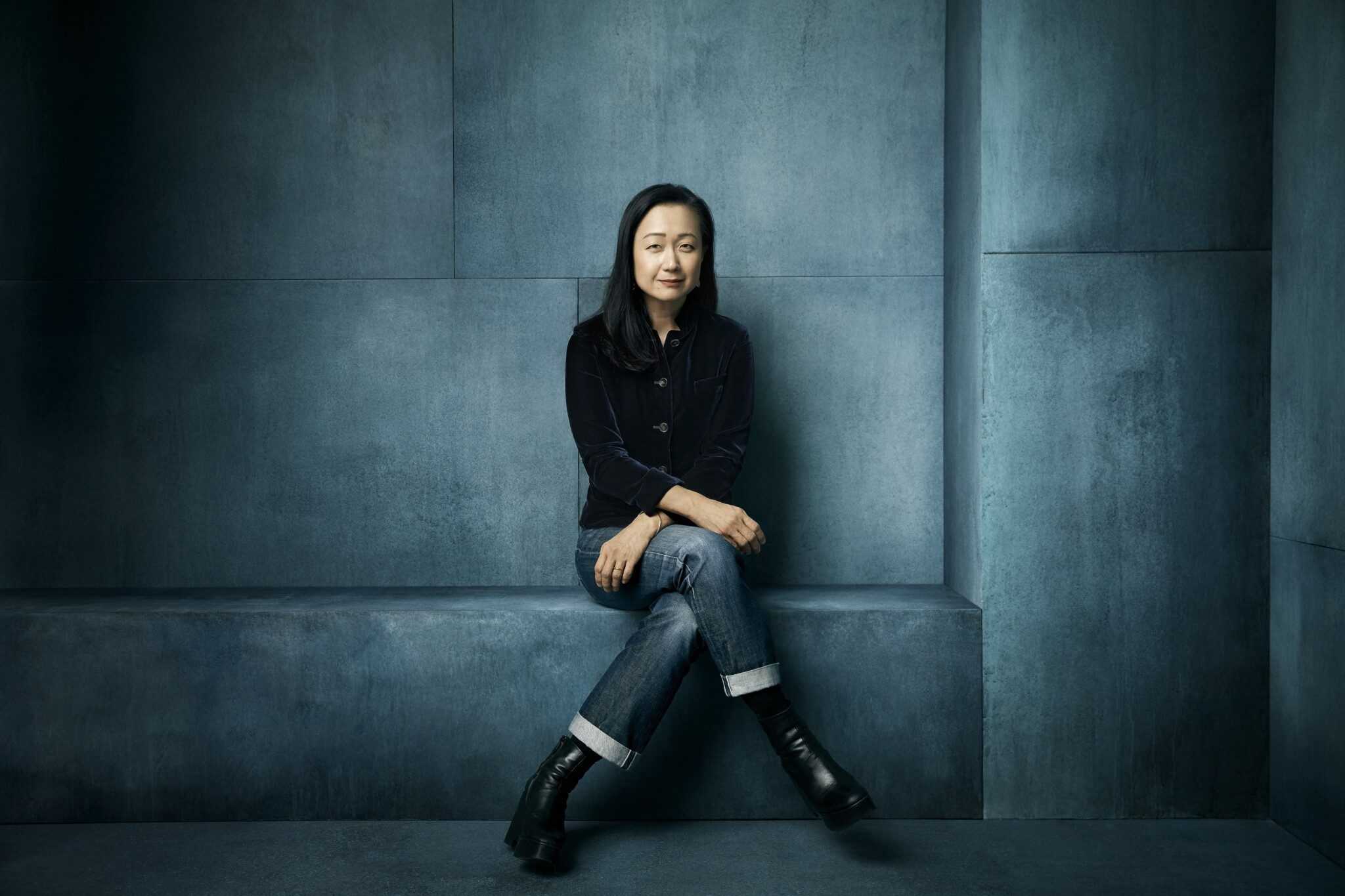
This article originally appeared in the May/June 2023 issue of Seattle magazine.
Book lovers, rejoice: there’s a good chance one of your favorite writers will be out and about Seattle in the next week. You may even be able to catch them giving a free talk at one of your local bars or cafés. From March 8-11, more than 8,000 authors, poets, educators, and editors will descend on the recently-reopened Seattle Convention Center to attend the largest literary conference in the United States: the annual AWP Conference & Bookfair.
Keynote by Min Jin Lee, author of Pachinko
The conference, which is produced by the Association of Writers and Writing Programs, is hosted in a different city each year. This year’s event boasts some 1,500 speakers across 350 events, including a keynote by Min Jin Lee, author of Pachinko and Free Food for Millionaires. Those interested in attending the conference can still purchase a pass. There are reduced rates for college students and seniors, and a special Saturday pass for $25, which gives attendees access to the full event for one day, including the book fair, which the conference says is a major draw.
Seattle’s reputation as a literary hub has only grown in recent years. In 2017, it was designated a UNESCO City of Literature for having a vibrant network of indie booksellers, publishers, educational programs, and a generally supportive community for writers
“It’s almost like trick or treating for adults,” said a representative from AWP. “There are all these fabulous publications and presses and students who are excited about what they’re doing.”
In addition to the official conference, which offers a wide array of in-person and virtual events on the craft and business of writing, local organizations will host more than 240 offsite events at eateries, bookstores, and other locations throughout the city. Though these events are not produced by AWP, the organization lists them on their site, and recognizes that they’re a big part of what makes the weekend exciting. Readers and fans are welcome at many of these gatherings, most of which are free or low cost.
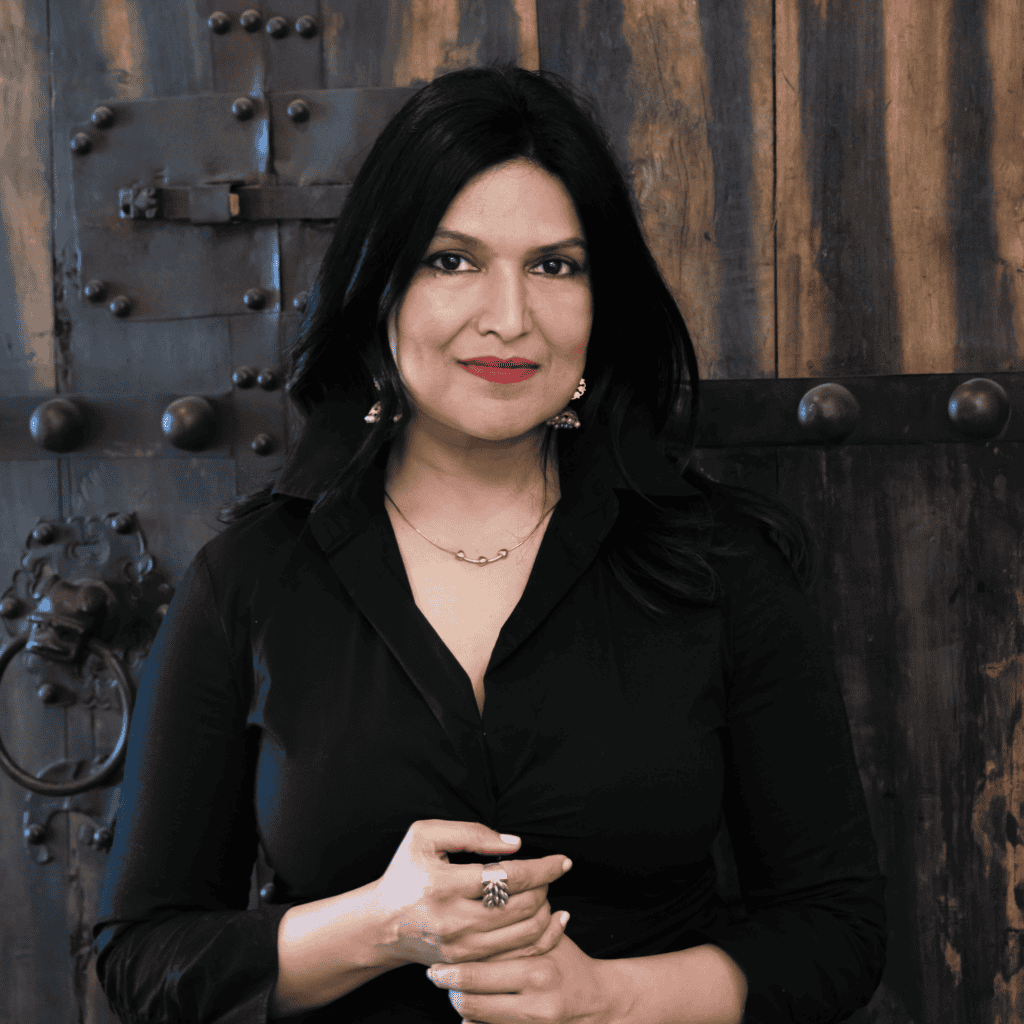
Seattle University Professor, Sonora Jha, author of “The Laughter”
Photography by Josiane Faubert
For local writers, having the conference in Seattle is a point of pride. “It’s such an amazing thing to have all these brilliant, creative minds under one roof,” said author and Seattle University Professor Sonora Jha, whose third book, The Laughter, was published in February.
Jha will speak on a panel, “Writing Motherhood in Post-Roe America,” along with fellow Seattle writers Claire Dederer and Angela Garbes, as well as Chicago-based writer Jessamine Cha. Jha believes that having the conference here will only strengthen our city’s already-strong literary scene. “People coming in will see how many writers and literary organizations we have here—that we have writing residencies and so much support and excitement for writers, as well as such a strong reading public.”
Seattle’s reputation as a literary hub
Seattle’s reputation as a literary hub has only grown in recent years. In 2017, it was designated a UNESCO City of Literature for having a vibrant network of indie booksellers, publishers, educational programs, and a generally supportive community for writers—an honor it shares with dozens of cities worldwide, but only one other in the United States: Iowa City.
Jha said she feels incredibly supported by Seattle’s literary community. While she came to novel writing later in life, she got her start by taking classes at Hugo House, where she went on to become a writer-in-residence and regular teacher. Hugo House is a key partner of AWP, along with other Northwest organizations, including Seattle Arts & Lectures, Copper Canyon Press, Seattle City of Lit, Literary Arts, and Lyceum Agency. AWP is also supporting PONGO Poetry Project, a local nonprofit that uses personal poetry to facilitate healing among youth coping with trauma.
Support from fellow writers is a big part of what brings both seasoned and aspiring literary professionals to AWP. While the conference offers plenty of nuts-and-bolts advice, attendees say the experience is just as much about emotional support and solidarity. Dederer, who has spoken at AWP several times in the past, says that part of what makes the conference interesting is how unusual it is for writers to gather.
“Our work is so solitary. So there’s this sense of a jailbreak, but also, everybody’s freaked out because they’re introverts gathered together. It’s kind of a psychically complicated event.”
Lee says she’s come to be known as somewhat of a “patron saint of delay” to other writers because she pursued the craft for nearly 30 years before publishing a bestselling novel.
“As a general group, we writers are kind of awkward,” said Lee on a call. “And yet, I also feel a genuine sense of affection for all of us who are in the struggle. For me, the struggle is less lonely and worrisome because I know that there are other people who are good and kind-hearted, who care about the bigger things, and who struggle with me.”
While events such as AWP may invigorate writers, they occur amidst an unfortunate paradox: despite our thriving arts scene, artists themselves have an increasingly hard time supporting themselves here.
“A lot of artists and writers are being driven out of the main city,” says Jha. “And yet, so much of the literary activity is focused here. So there’s a lot of work that needs to be done around that, both with income and with racial equity, because a lot of people are being driven out from gentrification, with Amazon, and other organizations taking up so much of the real estate.”
Injection of cash
Beyond the intangible benefits of supporting the arts in a given city, business owners and policymakers would be wise to note the economic case as well. The injection of cash that 8,000 visitors might bring to downtown hotels and restaurants is significant. Year-round, artists are known for patronizing coffee shops to do their work. Jha says she wrote much of her novels in Ada’s Technical Books and Café and Victrola Coffee and Art on Capitol Hill. Given how much discussion there’s been in recent years about the city’s flagging downtown, it seems large conferences and events might play an important role in breathing some fresh life into the district. Who knows—it may even inspire the next bestselling author to set a novel here.
Learn more about the AWP Conference here.
Annie Midori Atherton is a freelance writer covering culture, careers, parenting, and more. Her writing has appeared on The Atlantic, the BBC, Insider, and other places. She lives in south Seattle with her husband and toddler.

